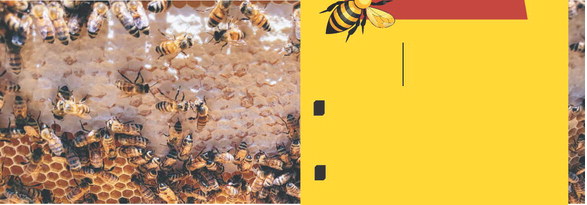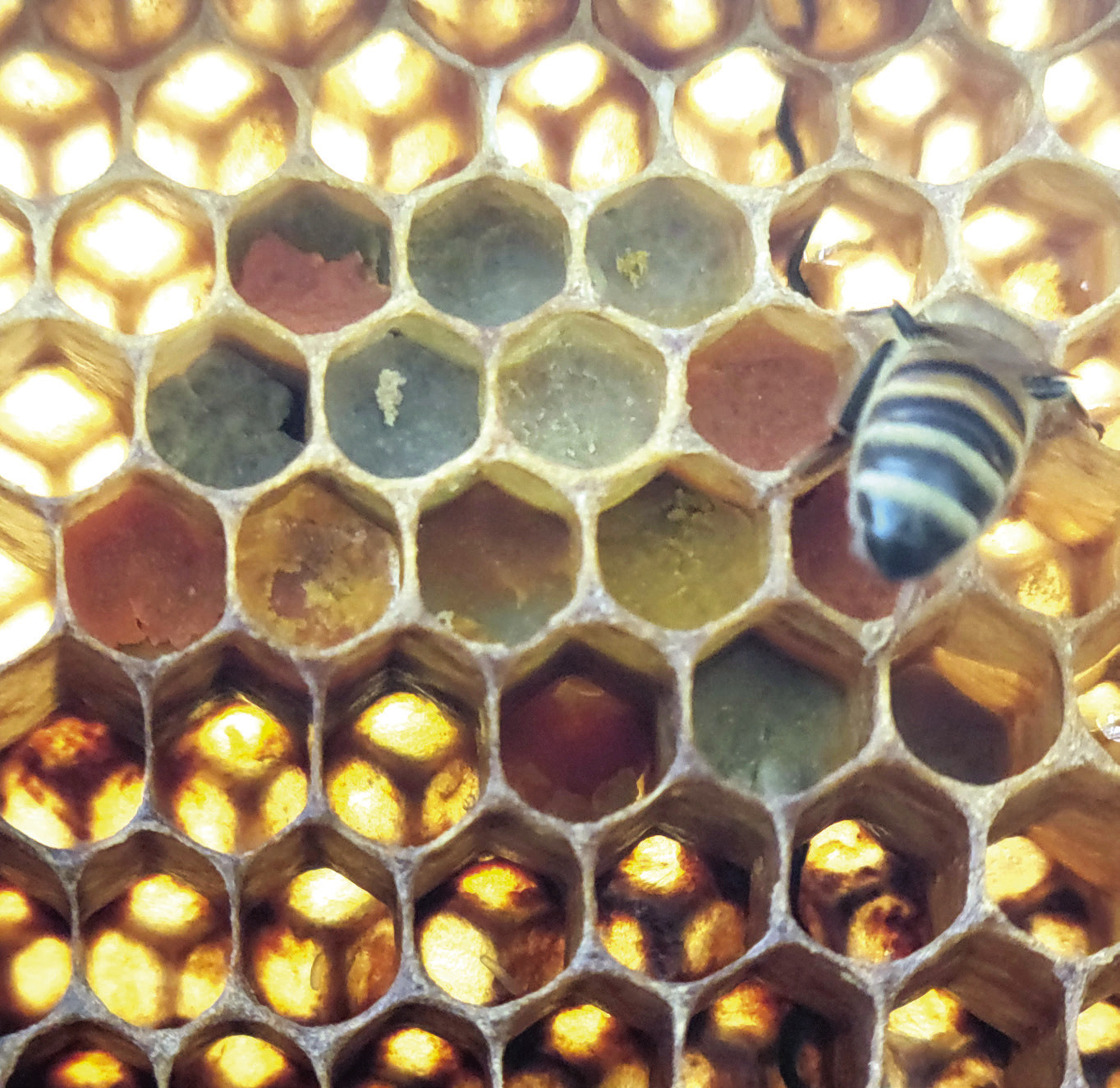“There’s not a club in Austin County, but Austin County beekeepers can go to the Central Texas Beekeepers Association in Brenham – they put on an annual bee school. There are clubs in Colorado County, Fayetteville, and Fort Bend,” he added.
The Central Texas Beekeepers Association’s bee school, held in early March, is one of the largest bee schools in Texas. Hundreds of bee enthusiasts from all over Texas and beyond paid the $85 fee to attend the event (barbecue lunch included) last year.
“About 70 percent of our attendees are newbies or wannabes; interested, but they don’t necessarily have bees,” said association president Karl Cotrell.
“We usually have 60 or 70 at our monthly meetings, fifty percent new and 50 percent seasoned. There are basically three classes of beekeepers,” he said. “Hobbyists have a few hives. Sideliners have 250 to 1,000 hives, and commercial beekeepers have hundreds of thousands of hives.” Commercial bee businesses and some sideliners truck millions of bees to California every spring to pollinate the almond crop - a lucrative business. These migrant worker bees are sometimes shipped around the country to pollinate fruit in different areas through the fall season after which they are put in cold storage until the following spring.

UNCAPPED HONEY IS STORED UNDER THE FRESHLY CAPPED HONEY (WHITE). THE OTHER FRAMES IN THE BOX ARE ALSO FULL OF HONEY.
For Cotrell, Shaughnessy, and the thousands of other beekeeping Texans, it’s not about big money – it’s about a fascinating way to connect with nature and improve your local ecosystem -- benefits sweetened with homegrown honey.
“Honeybees are not pets. At the end of the day, they’re livestock, and we have to keep our livestock healthy.”

HONEYBEE CLOSEUP IN HIVE. PHOTO CREDIT TOM SHAUGHNESSY



Comment
Comments